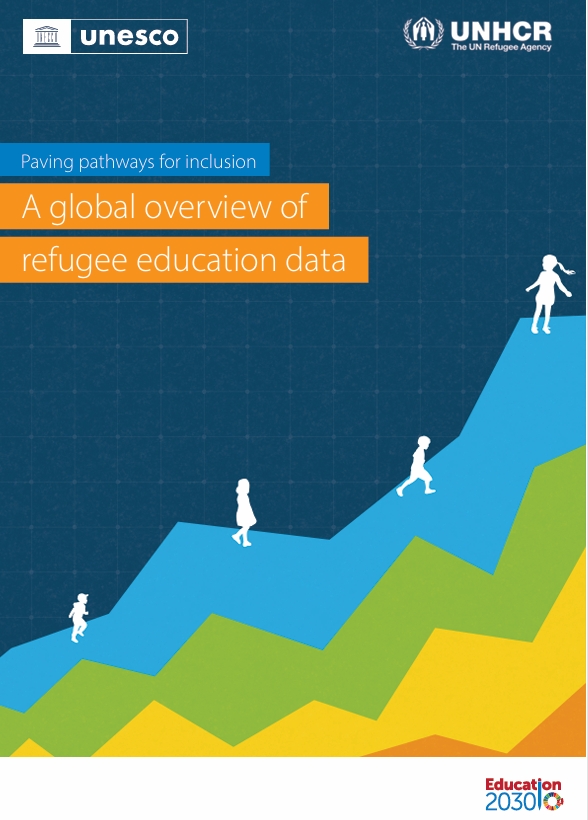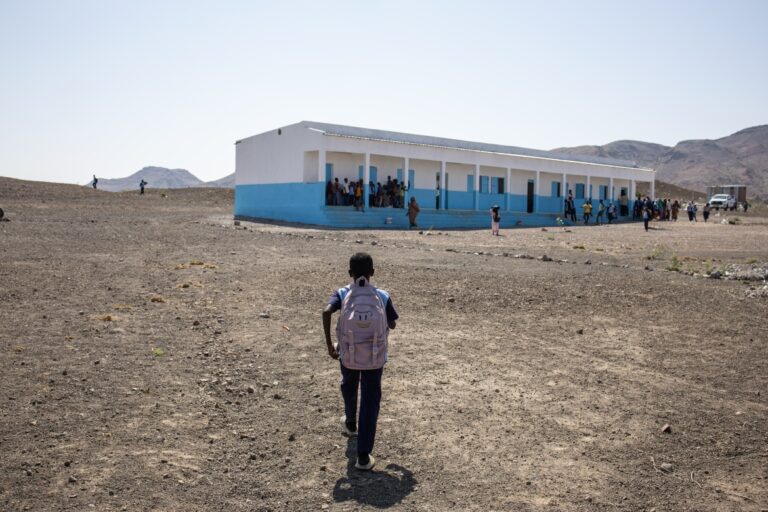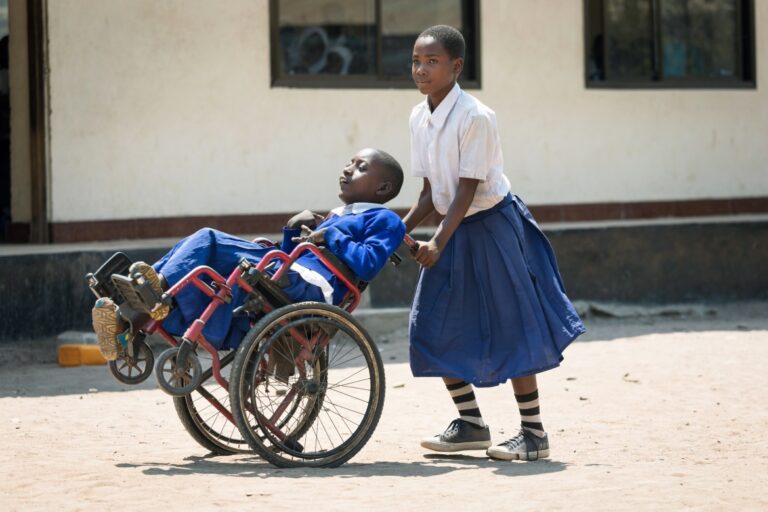Story Source: Brookings ~ Go to Original Article
The catastrophic wind and rain of Hurricane Dorian not only left thousands of people homeless but also children and adolescents without schools. The Bahamas is not alone; as global temperatures rise, climate scientists predict that more rain will fall in storms that will become wetter and more extreme, including hurricanes and cyclones around the world. An often overlooked result is the disruption of schooling, which threatens the physical safety and psychosocial well-being of students and teachers.
The longer that school is shut down, the less likely it is that children will return. Moreover, research has shown a lower academic performance and a reduction in educational attainment among children who have experienced climate shocks…………






